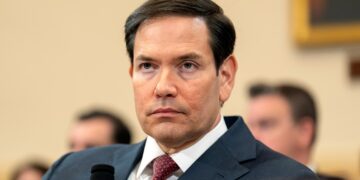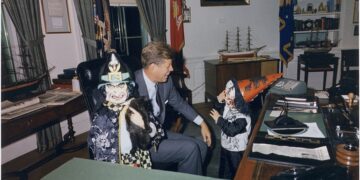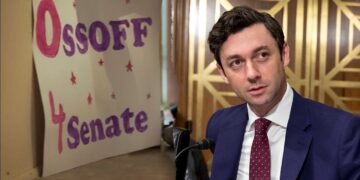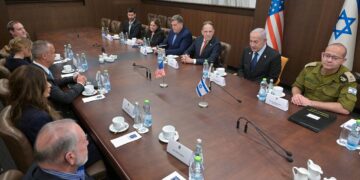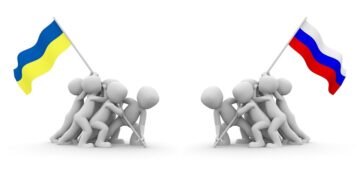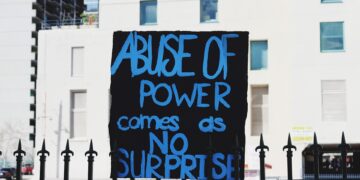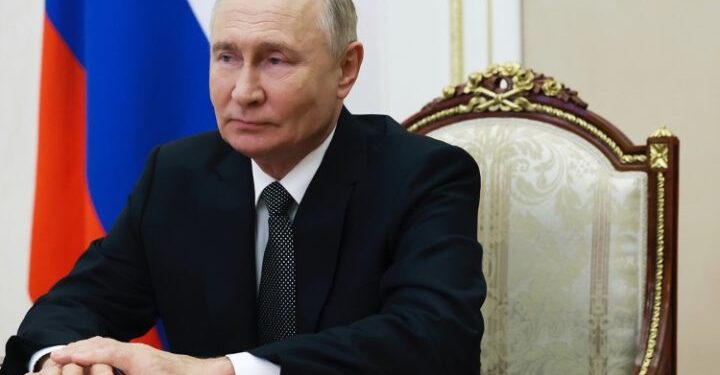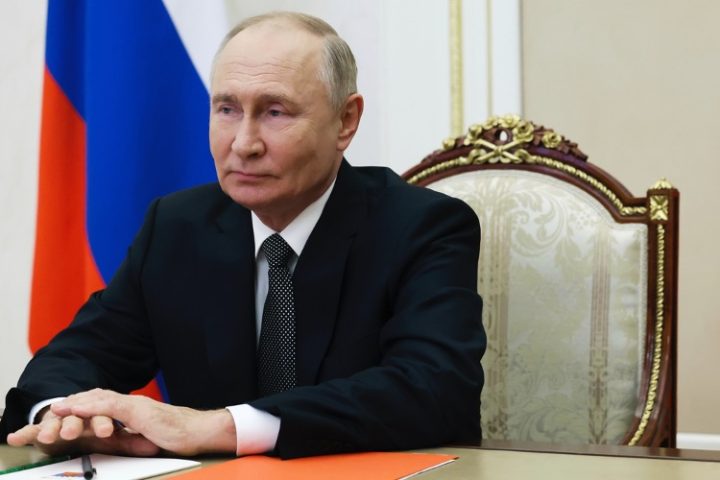
Earlier this week, the Kremlin announced Russia has updated its nuclear deterrence policy in an attempt to modernize its defense strategy in response to Western military and political actions.
Under the new policy, Russia reserves the right to use nuclear weapons if it is attacked by a massive airstrike via drones, missiles, aircraft, etc., and it believes its sovereignty is threatened. Furthermore, such an attack on Russia by a non-nuclear power with the aid of a nuclear power (e.g., Ukraine using U.S., U.K., or French weapons and guidance) will be seen as an attack by a nuclear power, and could merit a nuclear response. Russian ally Belarus is included in this new policy, ostensibly to protect it from an attack by NATO or Ukraine.
Historically, Russian nuclear doctrine was a “no first use” policy, while NATO strategy historically accepted nuclear weapons would be necessary to defeat Warsaw Pact conventional forces in a war in western Europe. Russia’s previous doctrine in 2020 authorized the defensive use of nuclear weapons to protect the territorial integrity of the state:
State policy in the field of nuclear deterrence is defensive in nature, aimed at maintaining the potential of nuclear forces at a level sufficient to ensure nuclear deterrence, and guarantees the protection of the sovereignty and territorial integrity of the state, deterring a potential adversary from aggression against the Russian Federation and (or) its allies, and in the event of a military conflict, preventing the escalation of hostilities and ending them on conditions acceptable to the Russian Federation and (or) its allies.
According to the Kremlin, the change in policy is the result of decades of Western interference through NATO expansion, and the recent escalation of the Russia-Ukraine territorial dispute into a global proxy war in which the United States and its allies fund Ukraine with hundreds of billions of dollars in weapons and foreign aid. The Ukrainian military assault on the Russian Kursk Oblast, and Ukrainian airstrikes on Moscow are recent NATO-led escalations in the Russia-Ukraine war.
Russian President Vladimir Putin claims these changes to Russia’s nuclear doctrine will help deter nuclear war. The U.S. believes the changes are irresponsible, with Secretary of State Antony Blinken telling MSNBC:
Look, it’s totally irresponsible, and I think many in the world have spoken clearly about that when he’s been rattling the nuclear saber, including China in the past. So I would just say especially to do that now while the world’s gathered in New York, including talking about the need for more disarmament, nonproliferation, I think that’s going to play very badly around the world.


